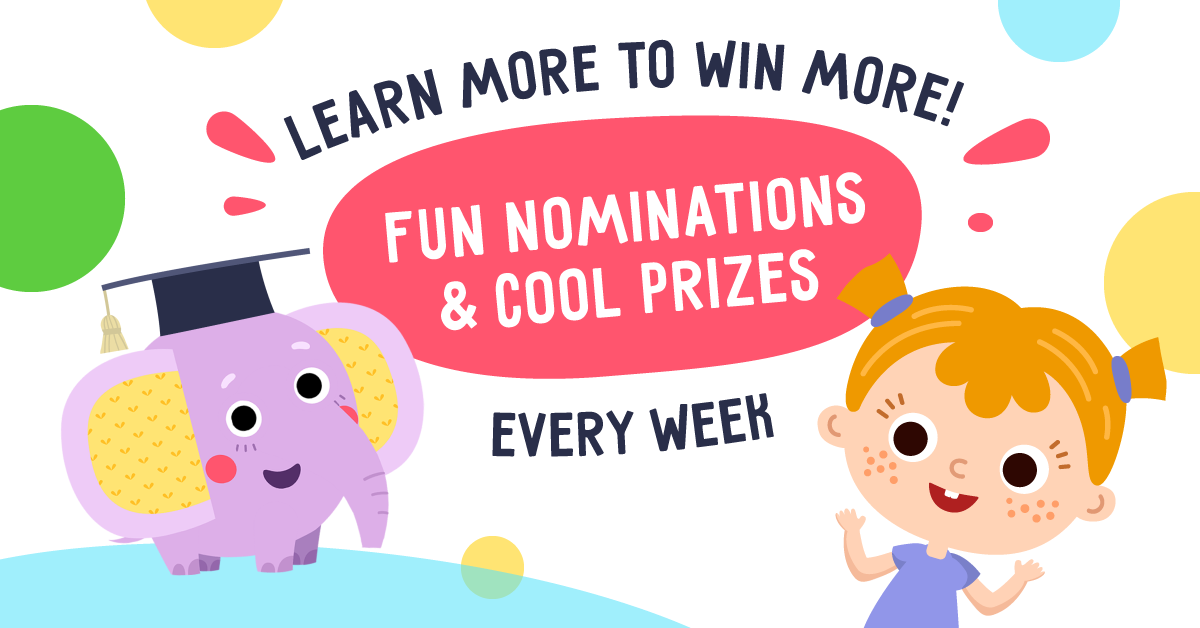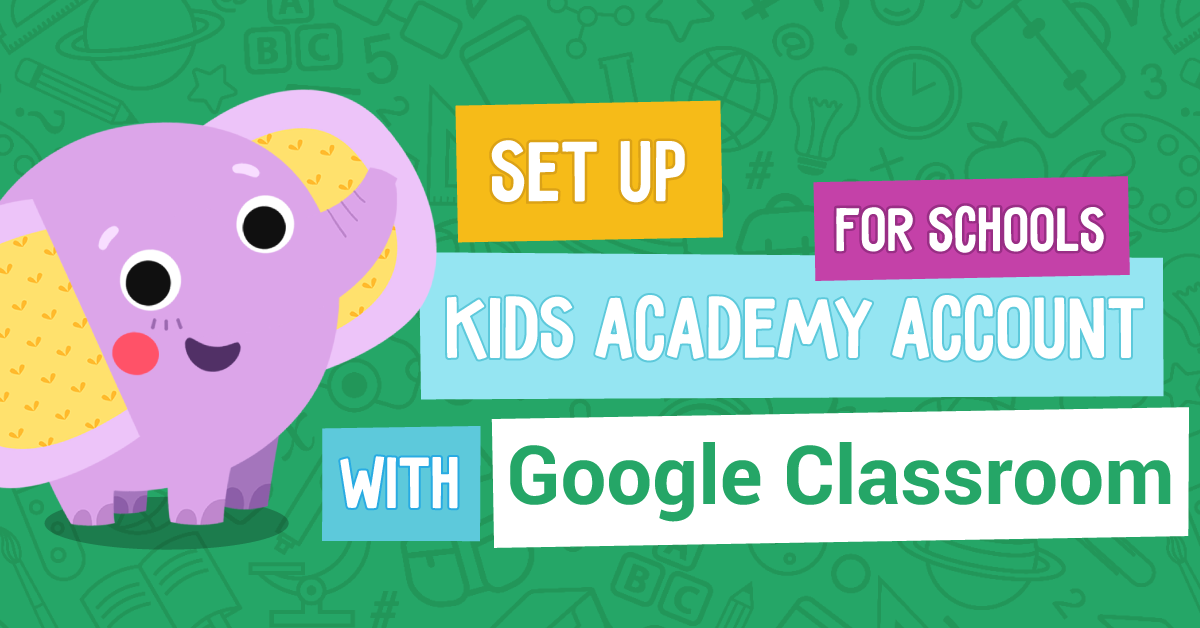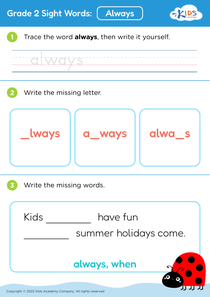Reading: Literature worksheets With Answers for Grade 2 - Page 2
27 filtered results
-
From - To
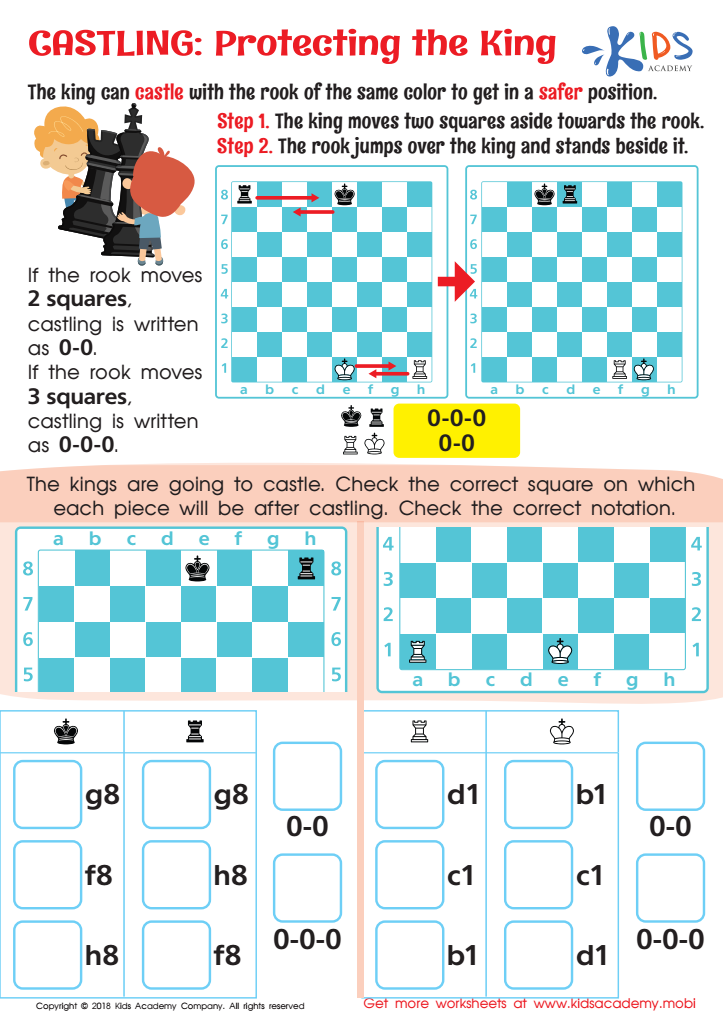

Castling: Protecting the King Worksheet
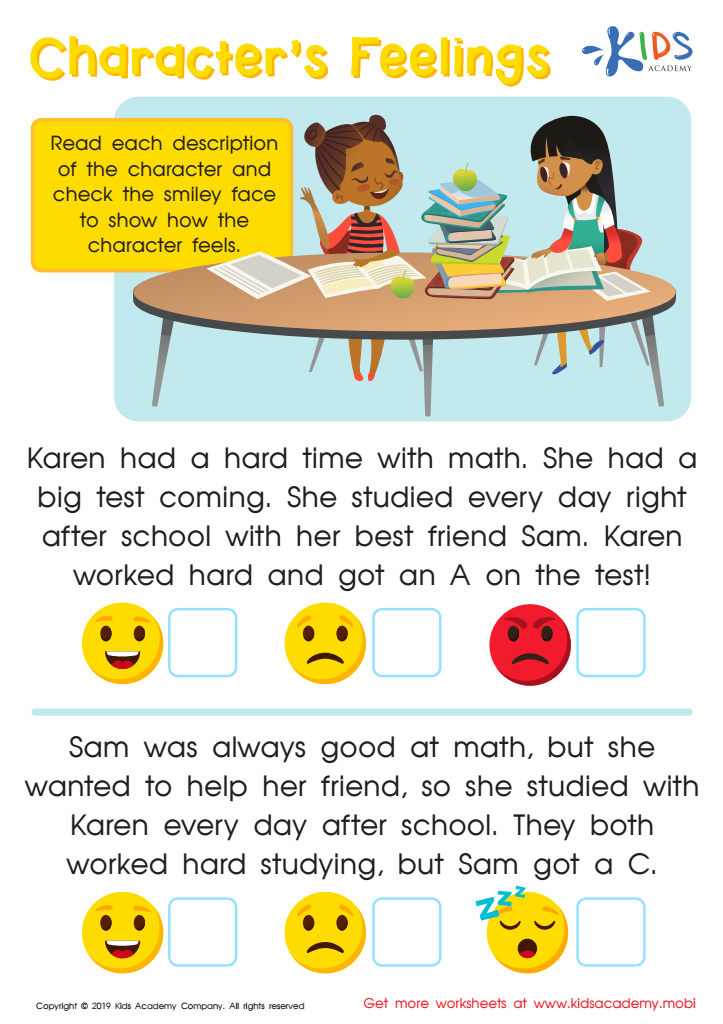

Character’s Feelings Worksheet
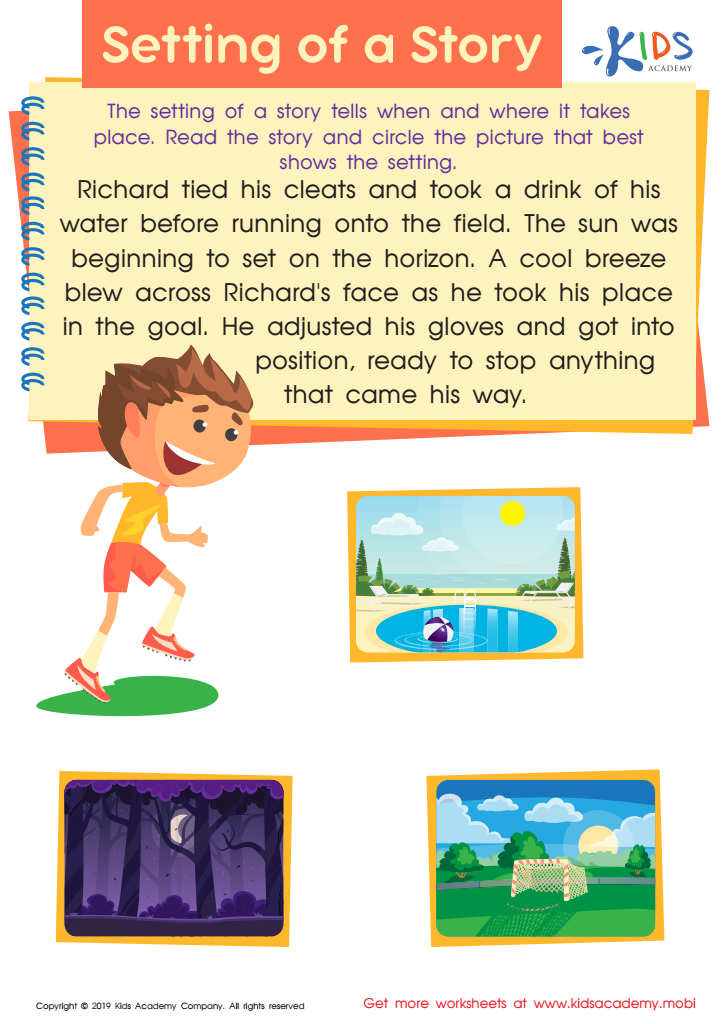

Setting of a Story Worksheet
Reading literature at the grade 2 level is crucial for a child's development and should be a priority for both parents and teachers. Firstly, exposure to literature enhances vocabulary and comprehension skills, essential for effective communication. As children engage with stories, they encounter new words in context, helping them understand meaning and usage, which lays the groundwork for future literacy.
Moreover, literature fosters imagination and creativity. Through diverse narratives, children explore different cultures, emotions, and perspectives, broadening their understanding of the world. This exploration not only nurtures empathy but also encourages critical thinking as they analyze characters' motivations and plots.
Additionally, literature provides opportunities for bonding. Reading together can strengthen relationships between parents and children, while also cultivating a routine that promotes literacy at home. Classroom reading activities help create a supportive environment where children feel safe to express their thoughts and interpretations, further developing their confidence.
In sum, engaging with reading materials and literature is essential for cognitive, social, and emotional growth in young learners. By prioritizing reading, parents and teachers play a vital role in helping children develop into articulate and empathetic individuals, ready to navigate their world.
 Assign to My Students
Assign to My Students





